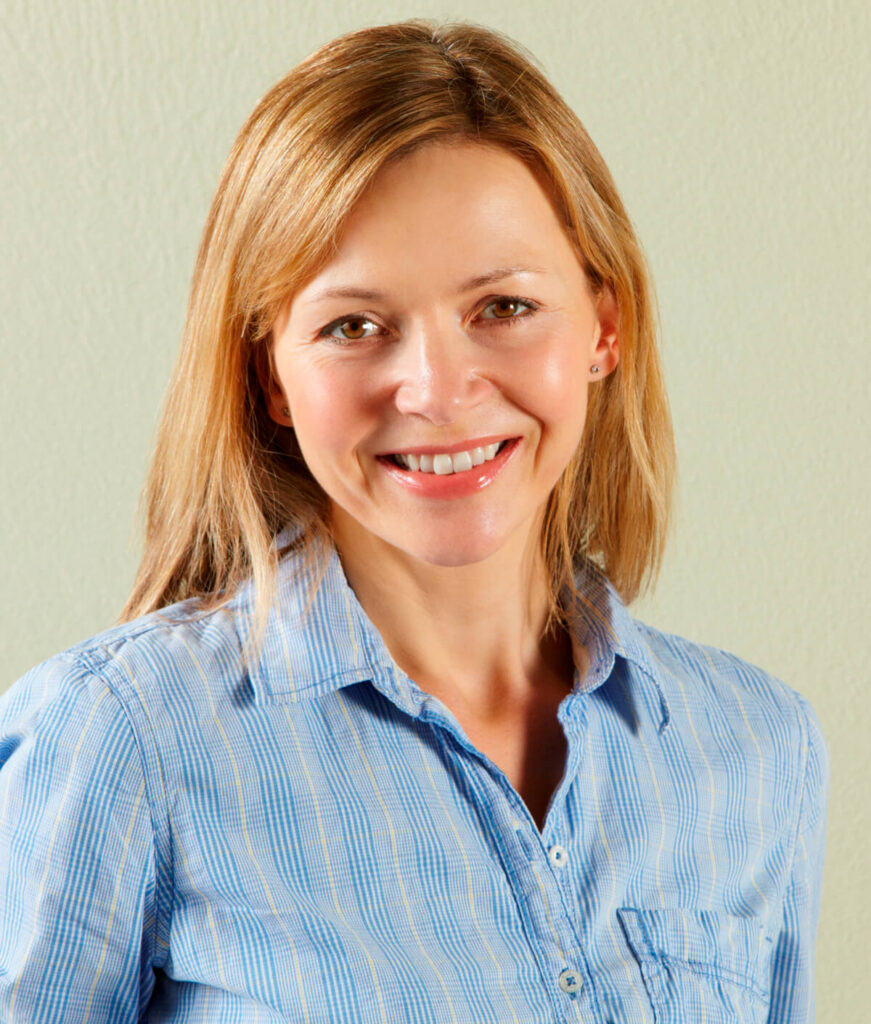What is acne?
Acne is not one great big conspiracy to keep you single forever, it’s a skin condition that affects hair follicles and oil glands. There are a variety of factors that can cause the inflammation, but the main cause is when the oil (sebaceous) glands produce more oil than normal and start to block the hair follicles.
Acne forms when there is a perfect storm of dead skin cells, excess oil, and the P. Acnes bacteria. The dead skin cells build up on the skin and block the pores. The oil then becomes trapped under the skin, the bacteria start to grow, and voila! Your teenage years are ruined.
What are pimples?
Pimples (or zits) can best be described as small, inflamed spots on the skin.
It’s important that everyone understands that acne is a disease, and pimples are one of the symptoms of this disease.
What are the causes of acne?
- Excess oil (sebum) production – from the sebaceous (oil) glands
- Blocked hair follicles – oil and dead skin cells can do this, leading to inflammation
- Bacteria – P. Acnes in particular
- Inflammation – Probiotics can help stop the inflammation. When mum says ‘eat your yogurt’… you should eat it!
Once you have developed acne, there are other factors that might trigger or worsen the condition. These include:
Hormonal changes – with puberty comes more testosterone and androgens.
Medication – although it’s an uncommon side-effect, medications like lithium (prescribed for bipolar disorder) can cause acne-like eruptions.
Stress – your skin may produce higher levels of sebum during stressful times. Stress can also make you more likely to pick at your skin.
Genetics – Yes, you can blame your parents.
Despite what we are told, chocolate and fatty foods have little or no effect on your acne, and neither does general hygiene. In fact, excessive cleaning is more likely to impact your acne, as scrubbing and soaps might actually aggravate the skin.
Wearing cosmetic products shouldn’t impact your acne, as long as you stick to oil-free make-up that won’t clog the pores.
The symptoms of Acne
Blackheads – open plugged pores
Whiteheads – closed plugged pores
Papules – small red bumps
Pustules – papules with white pus (pimples)
Nodules – large solid lumps on skin
Cysts – painful lumps under the skin
What happens if acne is left untreated?
Severe or untreated acne may cause permanent scarring and skin changes.
Prevention is better than cure. Before you develop acne, follow a few easy steps to keep it at bay.
- Wash your face regularly, but not too often. Just enough to remove excess oil, dirt and sweat.
- Use fragrance-free and oil-free moisturisers.
- Stay hydrated – drink at least 8 glasses of water a day.
- Now for the tricky one… Don’t touch your face, and don’t pop those pimples.
- Avoid exposure to the sun. When outside, use an oil-free sunscreen.
- Antibiotics can control the inflammation of the skin.
- Chocolate may not be the cause of acne, but high glycaemic foods (sugar, white bread, potatoes) and dairy may cause acne.
- Finally, relax! Relaxing might not keep the acne away, but being stressed is sure to aggravate your pimples.
What we need to know about acne
In most cases, acne can be treated with over-the-counter treatments that are available at all pharmacies. However, there are situations where you will need to see a doctor.
If acne products are not clearing up your skin, your GP can prescribe something stronger. If still unsuccessful, you will need to see a skin care specialist (dermatologist).
In women with ongoing acne, oral contraceptives may be recommended to help regulate hormones. Those who are not on the pill tend to get flare-ups before the start of menstruation.
Adults who get a sudden onset of severe acne may have an underlying health issue, and will benefit to see their GP as soon as possible.
Can I pop my pimple?
Noooooo, don’t do it! Your body is trying to ditch the blockage, and by popping it you’re just leaving the door open for all kinds of infections to take over and worsen your acne.
Okay, we understand. We were teenagers too, and we feel your pain. If you do feel the need to pop your pimple, then make sure to wash your hands, use a sterilised needle, and cut the pimple at the base. Then drain the pus with a cotton bud, and sterilise the area again.
If you are looking to see a dermatologist in Cairns, then ask your GP to refer you to Dr Simon Tucker at Cairns Dermatology.

